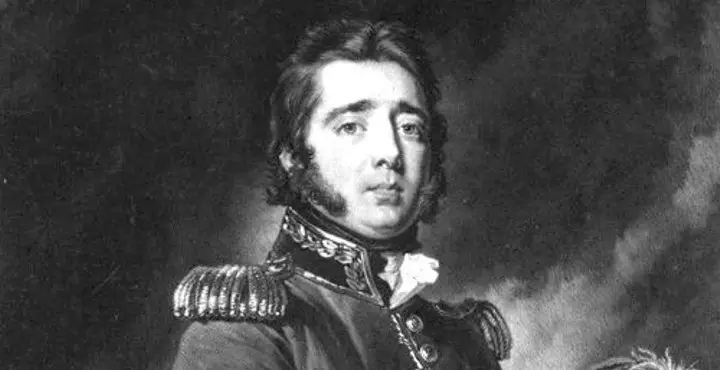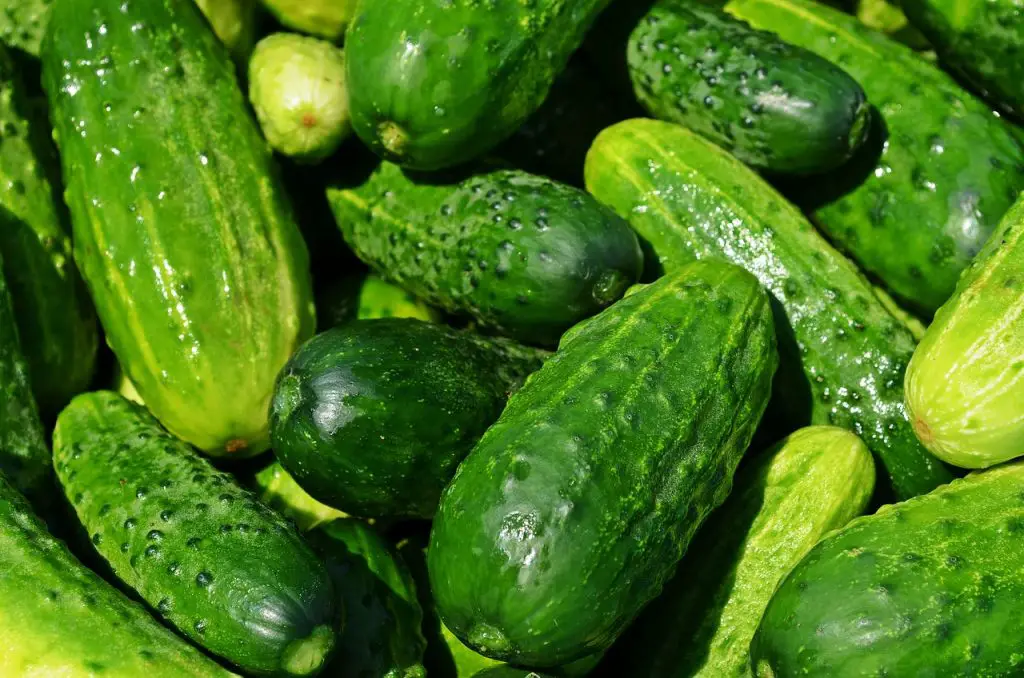 dream place, with the soil so fertile that it can provide three corn crops a year, with water so pure that it can immediately quench thirst, and with whole orchards of trees whose branches break from so much fruit. This is what was sold, in 1822, by the largest crook in history. Scottish Gregor MacGregor used his persuasive power to bring 250 hopeful people to the wilderness of Honduras.
dream place, with the soil so fertile that it can provide three corn crops a year, with water so pure that it can immediately quench thirst, and with whole orchards of trees whose branches break from so much fruit. This is what was sold, in 1822, by the largest crook in history. Scottish Gregor MacGregor used his persuasive power to bring 250 hopeful people to the wilderness of Honduras.
In October 1822, Glengyle-born Scotsman Gregor MacGregor considered publishing an advertisement in which he presented himself as the son of a banker and prince of an imaginary hold in Poyais, in the Black River Valley of Honduras. Moreover, MacGregor described, in very convincing terms, the land as so fertile that it could provide even three corn crops a year.
The water was so pure that it could have completely quenched thirst. The rivers had golden banks, and the trees bore so much fruit that the branches sank to the ground. To be more credible, MacGregor also painted the supposed land, contrasting it with the rocky, dark lands of Scotland. His goal was to attract investors to help the “prince” colonize and capitalize on the true potential of Poyais.
The power of persuasion was the key
It is important to note that at that time, investments in Central and South America were in full swing, and MacGregor’s announcement seemed extremely tempting. Additionally, since Scotland did not yet have a colony, would this not have been a unique chance? As a salesman, MacGregor knew all too well that persuasion was the key to a successful scam. His story was quite simplistic and bordered the realm of the fantastic, but the man still managed to fool enough investors (and not only) precisely because he was very convincing.
The swindler worked like a book, according to all the rules of persuasion. He explained in numerous interviews for the central press that investing in this land would be not only a smart act but also one of courage (relying heavily on the adventurous spirit of the Scots). He even recommended the book by a certain Thomas Strangeways (actually, MacGregor himself) so people could find out more about Poyais.
According to experts, MacGregor used several principles of persuasion: reciprocity (if you invest with me, I give you the chance for a life that can not be compared to anything else), social validation (you will thus become “the most Scottish of Scots”, you will gain social prestige), deficit (act now, decide now, otherwise you will not have such an opportunity and someone else will take advantage of it) and authority (if you do not believe me, at least give credence to the Strangeways specialist).
Investment failed
His strategy paid off, and the results exceeded even MacGregor’s most optimistic expectations. Not only did the bond market rise by more than £1.3 million (today the equivalent of £ 3.6 billion), but the scammer persuaded seven ships to cross the Atlantic in search of the Promised Land.
The first two ships arrived in September 1822 and January 1823, bringing about 250 passengers to Honduras. After a short time they found out with amazement that there was no lush land there, but a desert where you could hardly survive. Many adventurers lost their lives. The survivors (a third of those who landed in Honduras) were accidentally rescued by a ship that was passing by, taking them to Belize. The other five ships were intercepted in time by the British Navy, before reaching their destination. Meanwhile, MacGregor had fled to France.
The Scotsman tried to put the same scam into practice there, using the same persuasion techniques, only the French proved to be a little more cautious. An investigation revealed that the investments had gone to a country that no one had heard of. MacGregor was sent to jail. After his release, he returned to Edinburgh, where he was forced to escape due to deceived investors. He was to die in 1845, in Caracas. As an irony of fate, that land in Honduras is still wild and desolate today.
Avid Writer with invaluable knowledge of Humanity!
Upcoming historian with over 30 million views online.
“You make your own life.”





